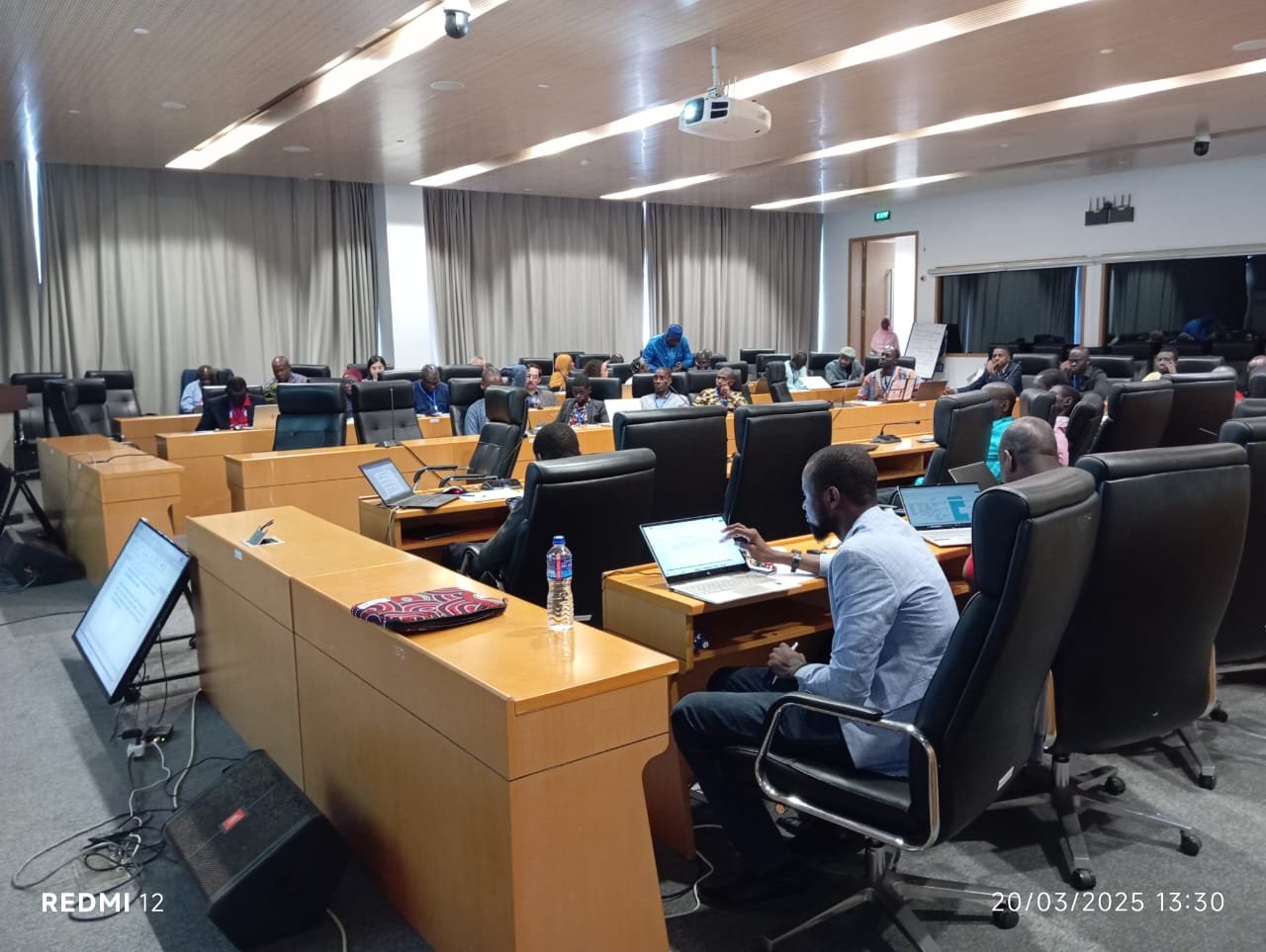Climate Change & Early Warning II
Strengthening the climate monitoring capabilities, early warning systems and available information for responding to climate shocks in The Gambia
Climate Change & Early Warning II
The Early Warning Systems (EWS) Project in The Gambia, led by the Department of Water Resources, aims to enhance the country’s climate monitoring capabilities, strengthen early warning systems, and provide critical information for responding to climate shocks and planning for climate change adaptation. This project is directly aligned with The Gambia’s National Adaptation Programme of Action (NAPA), which identifies the need for securing and installing vital climate-related technologies and ensuring that climate information informs decision-making processes.
The project prioritizes improving the national early warning network so as to increase the country’s capacity to forewarn and respond swiftly to extreme climate events, while also supporting key sectors like food security, coastal zones, health, water resources, and ecosystems. The initiative is fully aligned with the objectives of the LDCF/SCCF, particularly in increasing adaptive capacity to manage climate impacts at local, national, and global levels, and promoting the transfer and adoption of adaptation technologies. Building knowledge of climate risks, deploying relevant technologies, and enhancing the enabling environment, the project will significantly bolster The Gambia's resilience to the impacts of climate change.

Our Areas of Work
Increasing Adaptive Capacity
Promoting the transfer and adoption of adaptation technologies

Establish a functional network of meteorological and hydrological monitoring stations and associated infrastructure
The project aims to establish a robust network of meteorological and hydrological stations across The Gambia, providing essential infrastructure for better monitoring of climate changes, enhancing the country's capacity to collect accurate and timely data on weather and climate conditions.
Strengthen the skills and provide capacity building for effective Early Warning Systems
This activity focuses on training and capacity building to equip staff with the necessary skills to manage an effective Early Warning System (EWS), ensuring rapid and accurate responses to extreme climate events while enhancing overall preparedness.


Develop and disseminate tailored weather and climate information to stakeholders
This activity aims to create and disseminate weather and climate information tailored to the needs of government entities, the private sector, civil society, and local communities, ensuring informed decision-making and improved response to climate-related risks.
Support the integration of climate information into local development plans
This activity supports the uptake of climate data and the integration of climate knowledge into development plans at 14 pilot sites across The Gambia, helping local communities plan and adapt to climate change impacts more effectively.

Latest Updates
Cliamte Change Impacts Across Thematic Areas

Translated Meteorological Terms

The Gambia Annual Climate Report 2018

Second National Communication The Gambia Under UNFCCC


